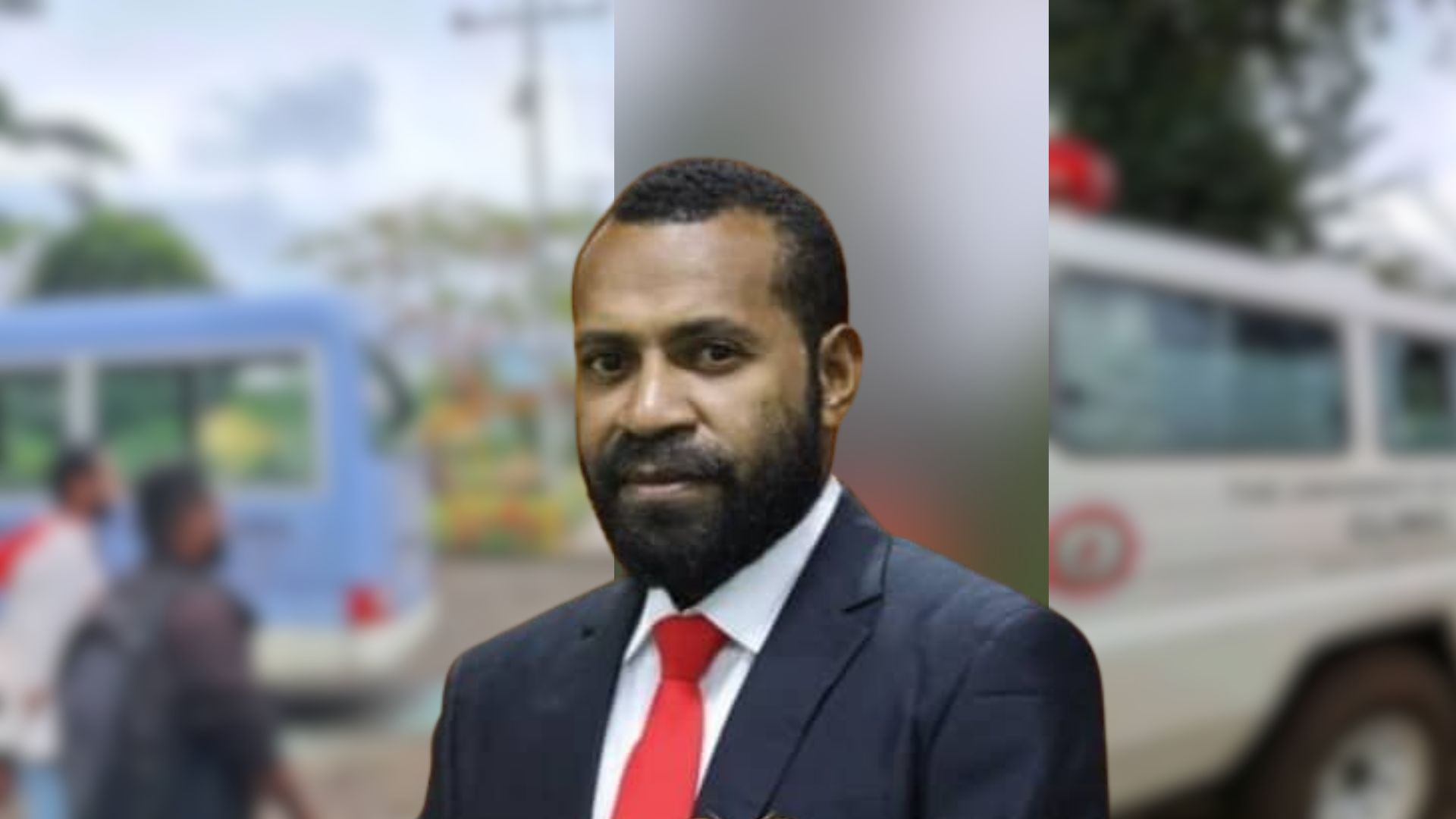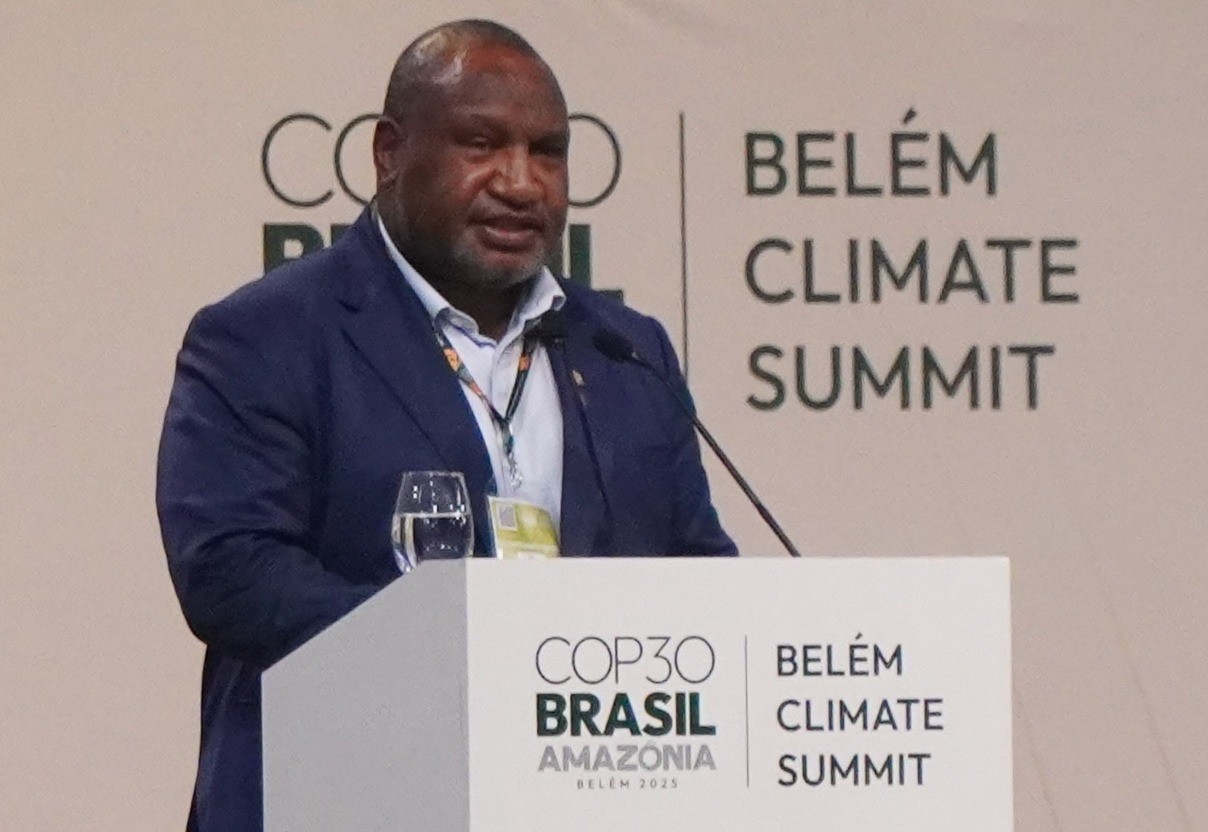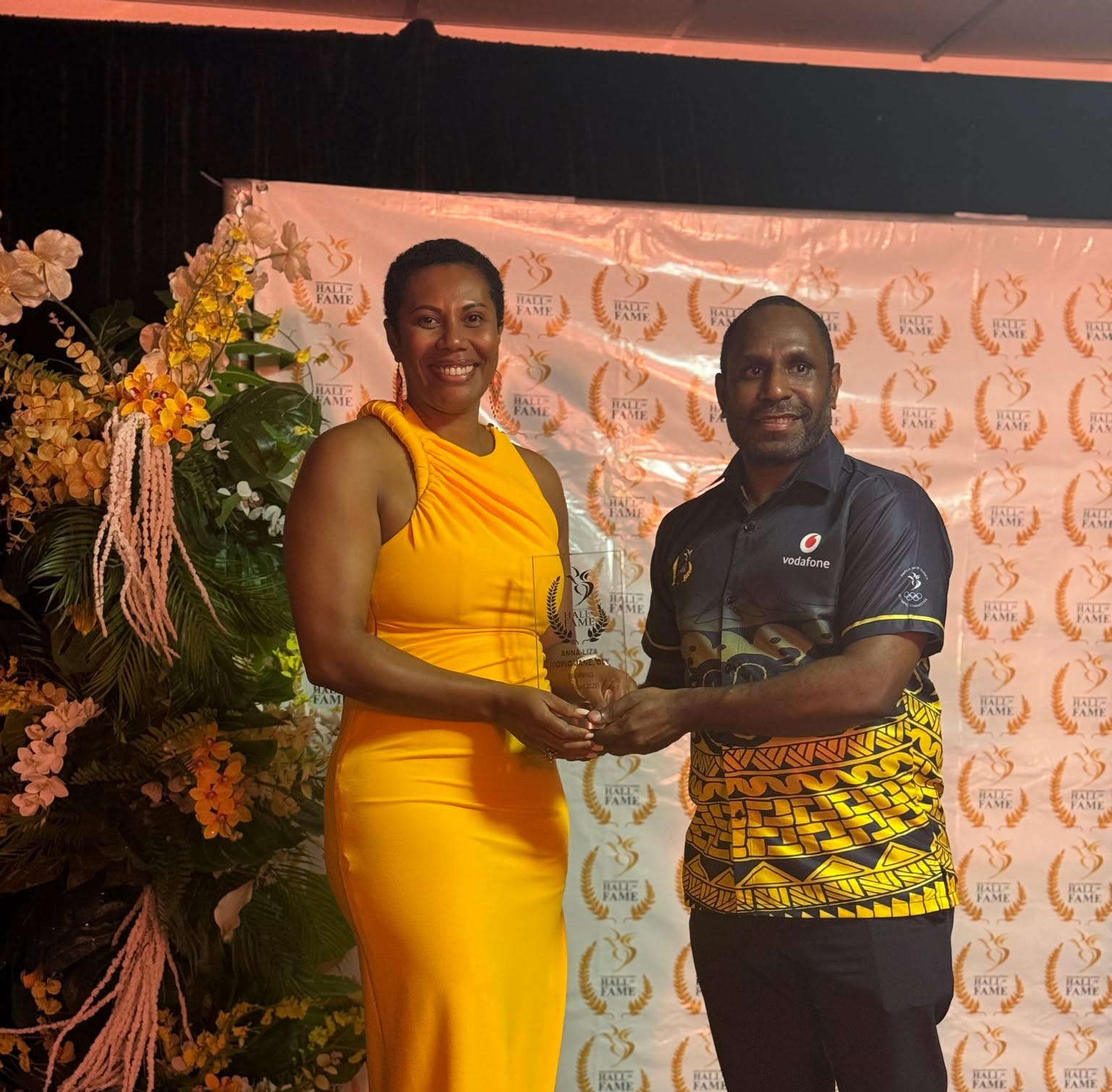The new National Monitoring and Coordination Authority (NMCA) Policy framework which was launched last night in Port Moresby city, aims to ensure efficiency in the implementation of services in Papua New Guinea (PNG).
The NMCA Policy framework provides the strategic and administrative foundation for operationalize a central coordination mechanism to drive whole of government performance, accountability, and results-based implementation across all sectors and levels of government.
Anchored in the Government’s commitment to address weak implementation, disjointed oversight, and poor service delivery- as highlighted in successive reviews and reinforced in the 40- Year Review by the National Research Institute- this framework represents a decisive shift from policy rhetoric to institutional action.
Prime Minister (PM) James Marape, who officially launched the NMCA at the APEC Haus, described it as a vital reform to ensure that every Kina allocated through the National Budget delivers tangible results for Papua New Guineans across both urban centres and rural communities.
He emphasized that billions of Kina have flowed through successive Governments since Independence – and especially since 2019 – but without the strong and consistent monitoring needed to guarantee that these funds meet their intended purpose.
“From 2019 to 2024 alone, our Government has overseen K131 billion in expenditure. Combined with the previous six years, that’s over K214 billion passing through our National Treasury in just 12 years,” Prime Minister Marape said.
“The question we must all ask ourselves is: what have we done with this money? Have we translated it into real, tangible improvements for our people?”
The NMCA has been established to fill this long-standing gap – to ensure funds appropriated in the National Budget are implemented according to approved plans, and to track results right down to the project level.
Governor for Oro and Chairman of the Special Parliamentary Committee on Public Sector Reform and Service Delivery, Gerry Juffa, who was instrumental in the NMCA establishment, echoed the PM, stating that since Independence there have been decline of service delivery, exasperated by the 1995 reforms.
“So, I made the effort to find a part of the solution by asking the Prime Minister to set up a Parliamentary Committee to join the voices of many demanding accountabilities for non-implementation of Government decisions and organizational behavior,” the Chairman said.
He congratulated the Prime Minister on the creation of the NMCA which carried the similar objectives of his committee.
He also urged the Prime Minister to ensure that the NMCA had the benefit of a line of sight to his Parliamentary Committee so that it was not only beholden to the Executive arm of Government.
Meanwhile, the NMCA will coordinate with key oversight bodies and development partners to monitor the roll-out of Government funds to provinces, districts, and agencies in real time, using modern technology including ICT systems and Artificial Intelligence. Independent audit, engineering, and accounting firms will be engaged to verify progress on the ground, rather than Government agencies marking their own work.
The Prime Minister said the NMCA’s board – comprising respected institutions such as the National Research Institute (NRI), Transparency International, and the National Economic and Fiscal Commission – will ensure a balanced, independent, and credible oversight of Government spending.






